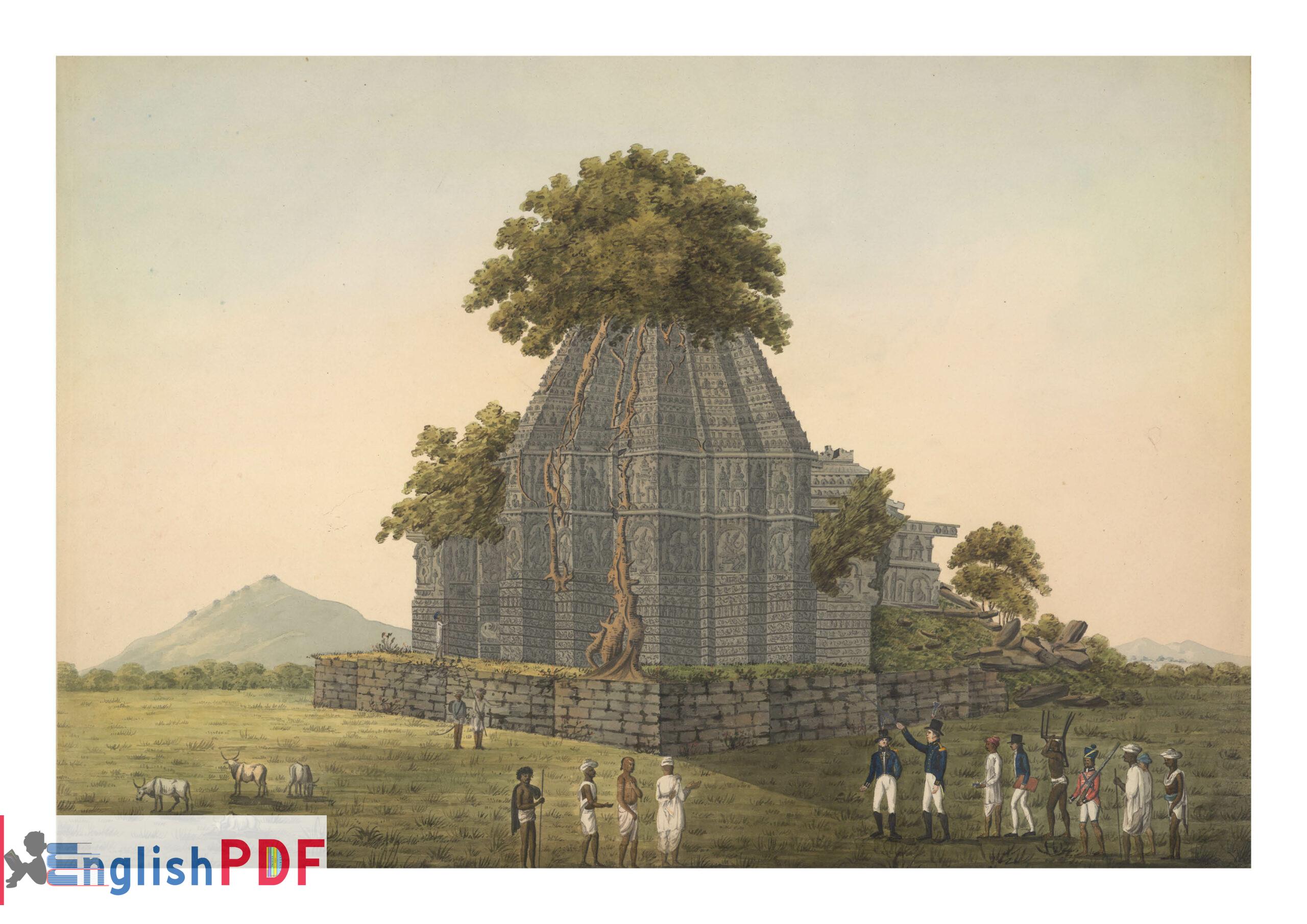| 📚 Book Name | A World History of Nineteenth-Century Archaeology: Nationalism, Colonialism, and the Past [PDF] |
|---|---|
| 👨🏫 Author | MARGARITA DI ́AZ-ANDREU |
| 📄 Pages | 501 pages |
| 🏷️ ISBN | 978–0–19–921717–5 |
A World History of Nineteenth-Century Archaeology: Nationalism, Colonialism, and the Past [PDF] Download Free Now

In 1999, while organizing a one-day conference on ‘Nationalism and Archae- ology’ held in the London School of Economics, I was encouraged by the well-known scholar of nationalism, the sociologist Anthony Smith, to write an overview. By then I was not new to the subject.
Over the years I had been contributing to the lively debate over the value of understanding the political context for the development of archaeology. This contested the previously dominant internalist perspective on the history of archaeology, which focused on the progress of archaeological thought while taking little, if any, account of the socio-political and economic framework in which it was formulated. As part of the debate, I edited books on nationalism (Dı ́az-Andreu & Champion 1996b; Dı ́az-Andreu & Smith 2001), and women in academia (Dı az-Andreu & Sørensen 1998b), as well as producing work more narrowly related to the archaeology of particular countries, Spain and, to a lesser extent, Britain. Throughout the 1999 conference it became obvious how uneven our understanding of developments in archaeology beyond Europe was.
A World History of Nineteenth-Century Archaeology: Nationalism, Colonialism, and the Past [PDF] Download
It was unclear how imperialism and colonialism had aVected archaeological practice in the colonies, as well as in parts of the world which resisted colonialism such as China and Japan. Also, studies on the growth of professional archaeology as a hegemonic discourse had not been matched by an examination of whether this had been contested by a minority of archaeologists themselves and by the general public, and whether there had been alternative accounts. Such studies had also focused on a narrow period starting in the late nineteenth century, but the literature on the impact on archaeology of the rise of nationalism in the late eighteenth and early nineteenth centuries, a topic explored by a handful of history of art scholars, was practically ignored by archaeologists.
A World History of Nineteenth-Century Archaeology: Nationalism, Colonialism, and the Past [PDF] Download Free Now
The organization of a joint conference between archaeologists and sociolo-gists also highlighted the potential for archaeology to proWt from insights formulated in other social sciences, such as history, sociology, history of art, the history of science, and literary studies.